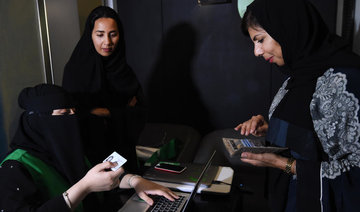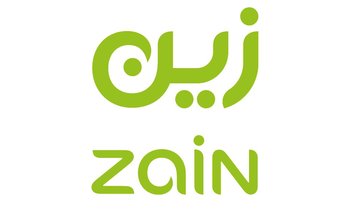RIYADH: Industry leaders, policymakers, and investors gathered at the Real Estate Future Forum in Riyadh, where key announcements highlighted Saudi Arabia’s ongoing focus on property development, investment strategies, and tourism expansion.
Building on these initiatives, the Governor of Asir Region Prince Turki Bin Talal revealed that the Public Investment Fund has nine projects in development, with four already launched and five underway.
“The largest PIF projects in the Kingdom are in the Asir region,” the governor said, adding that this is accompanied by an investment portfolio valued at SR30 billion ($7.9 billion).
Regarding hospitality, the governor highlighted that Asir currently has between 6,000 and 8,000 approved and licensed hotel rooms.
In line with this momentum, he also announced that the Ministry of Sports has officially recognized Abha’s World Cup bid as the best in the Kingdom.
Meanwhile, Prince Saud Bin Talal, governor of Al-Ahsa and acting CEO of the Al-Ahsa Development Authority, outlined plans for expanding the hospitality sector in the region.
“In our pipeline, we have more than seven or eight hotels and over 25 rural lodges. Among the key developments are three five-star hotels: Hilton, Radisson Blu, and Hilton Garden Inn,” he said.
The Saudi Minister of Tourism Ahmed Al-Khateeb underscored the rapid growth of the hospitality sector, revealing that the Kingdom currently has 475,000 hotel rooms, with projections to reach 675,000 by 2030.
Regarding hyper-tourism, he discussed the impact of the King Salman International Airport expansion and Riyadh Air, forecasting that at least 50 percent of the Kingdom’s tourism will be centered in the capital, while ensuring that efforts will not push the figure beyond 80–90 percent.
The expansion of King Salman International Airport is a key milestone in Saudi Arabia’s aviation growth, aligning with the country’s Vision 2030 objectives.
The first phase of the Terminal 1 expansion at King Khalid International Airport in Riyadh was inaugurated on Jan. 8, increasing the airport’s capacity to accommodate up to 7 million passengers annually.
This follows the completion of Terminals 3 and 4 in November 2022.
The airport has consistently been recognized as the Kingdom’s top-performing facility, upholding the highest compliance and operational standards.
In the financial sector, the Chairman of the Capital Market Authority Mohammed El-Kuwaiz highlighted the increasing focus on Saudi Arabia’s real estate investment market.
“Today, we have approximately 55 files for IPOs (initial public offerings) in the financial market, covering various sizes and companies. Around 20 percent of these files belong to real estate companies of different types,” he said.
He emphasized the growing diversity in real estate services, including developers and marketers, aligning with the Kingdom’s goal of securing financing across all productive sectors.
El-Kuwaiz further provided insights into best practices for listing companies, saying: “The best time to list a company is when its financial situation is stable and its funding needs are clear.”
He added: “If you’re prepared to share information as if they were partners, involve them in decision-making as if they were partners, and handle conflicts of interest as if they were partners, then you’re welcome.”
In a landmark decision, he also announced that listed companies owning properties in Makkah and Madinah can now welcome foreign investors, effective immediately. “On behalf of the CMA, we congratulate these companies,” he said.
Foreigners can now invest in Saudi-listed firms owning real estate in Makkah and Madinah, with non-Saudi ownership capped at 49 percent. The CMA said in a press release that the move enhances market competitiveness and supports Vision 2030.
The Real Estate Future Forum, running from Jan. 27 to 29 at the Four Seasons Hotel in Riyadh, aims to serve as a global platform for shaping the future of real estate.
With over 300 speakers from 85 countries, the event will focus on innovations, sustainability efforts, and investment strategies driving the sector under the theme, “Future for Humanity: Shaping Dreams into Reality.”


























